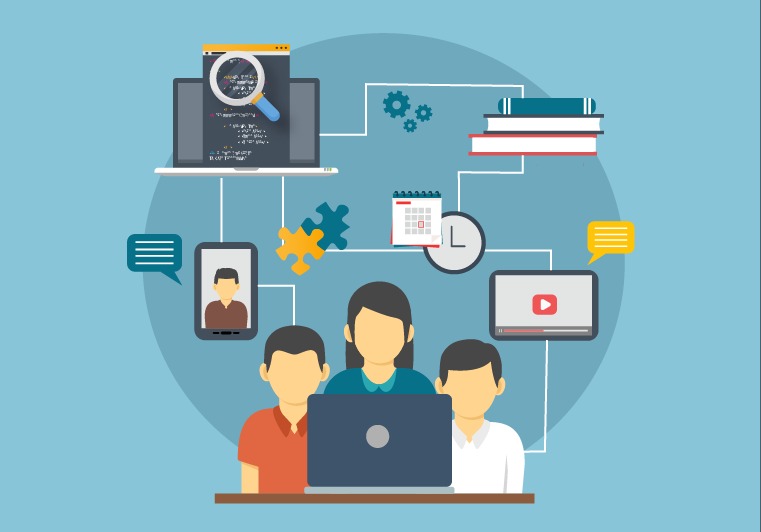As competitive pressures mount in 2024, organizational learning ecosystems require increasing customization to drive strategic workforce development. Off-the-shelf learning management systems (LMSs) no longer suffice as they trap clients in vendor-defined constraints mismatched to evolving skill-building needs.
Custom LMS implementation furnishes ideal structural flexibility to help enterprises architect specialized learning environments that unlock two vital performance multipliers:
1. Optimized Learner Journeys
Standard LMS platforms take a one-dimensional training focus which inadequately supports growth beyond basic knowledge transfer. Custom configuration instead allows designing comprehensive learner journeys spanning the full spectrum from onboarding to mastery.
Multi-modal learning blends formal modules with space for reflection, social learning, mentoring, and spaced reinforcements across an intentionally transformed digital environment. This cultural immersion accelerates ability building within authentic organizational contexts.
2. Connective Intelligence
Conventional LMS reporting provides fragmented and superficial analytics. Custom learning platforms compile cross-functional data flows into connected executive dashboards that contextualize engagement, efficacy and adoption trends.
Integrated analytics intimacy promotes understanding cause-effect relationships between learning interventions and skill-to-outcomes impact. This surround-sound visibility sharpens developmental decision-making and resource allocation.
Key Custom Components to Target
While each organization will assemble custom LMS mosaics around unique needs, several emerging best practice capabilities hold wide applicability:
- Competency Management – Systems managing job-specific competency models, dynamically tracking proficiency.
2. Skills Ontology – Metadata frameworks codifying skills, levels and relational linkages.
3. Smart Recommendation Engines – Tools suggesting personalized content from analyzed preferences/gaps.
4. Lifelong Learner Profiles – Transportable cross-system records retaining learning achievements.
5. Open Credentialing – Platform compatibility with external digital credential issuers to motivate participation.
Spearheading the Custom LMS Movement
Pockets of innovation have gradually advanced custom learning platforms, but three specific change agents now position this strategy firmly in the organizational mainstream:
- Specialized LMS Consultancies – Boutique firms fully specialize in tailored platform development, multiplying past niche capacity.
2. Low-Code Tools – New process automation technologies expedite custom coding with minimal technical burdens.
3. Experience API Adoption – Sophisticated API ecosystems further ease complex system interlinking and data interchange.
These complementary advances furnish end-to-end support to finally fulfill the custom LMS imperative at scale across digitally ambitious enterprises.
The Window to Lead
As AI and automation inject role volatility into every economic sector, adaptability powered by enterprise learning ecosystems offers the most sustainable competitive buffer. Organizations that postpone custom LMS adoption until wherein ubiquitous risk instant and permanent talent gaps.
Conversely, decisive movers will not only mitigate danger but position themselves primed for continuous advantage as they extend technology-fueled skill leverage over conservative peers anchored in obsolete learning models. As digital disruption intensifies, the time to act appears decidedly now or never.

